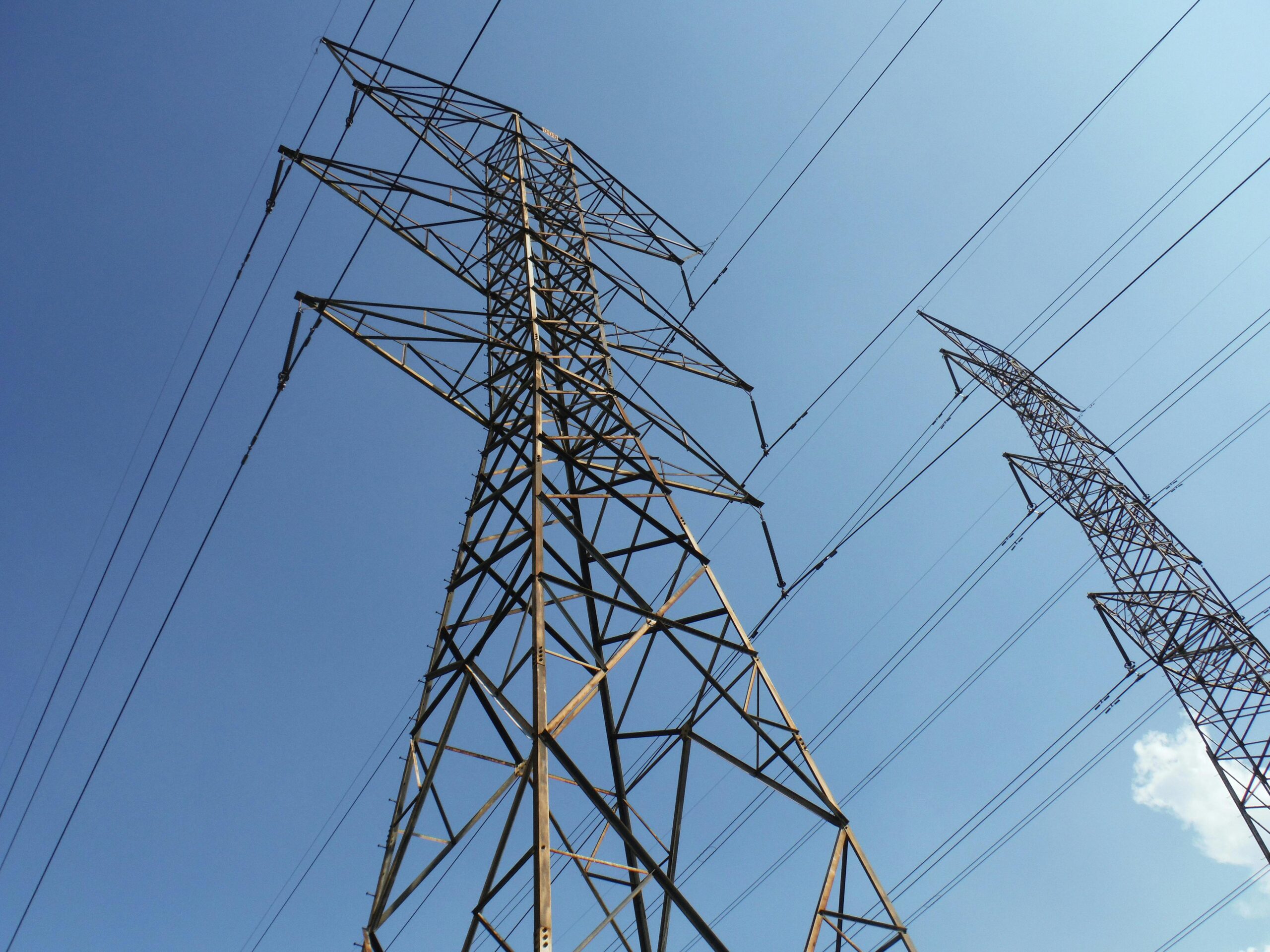Reliability is one of the key components of system dependability. It refers to the ability of a system or equipment to operate correctly and without failure for a specified period under certain conditions. In other words, a reliable system is one that can deliver the expected service continuously and predictably
Definition of Reliability
Reliability can be defined as the probability that a system will perform its intended function without failure for a given period. This concept is particularly important in industrial sectors, where interruptions or failures can have serious consequences, both economically and in terms of safety.
Example: A nuclear reactor, a factory production machine, or an automobile must all be reliable to ensure their functions are carried out safely and to avoid costly downtime.
Factors Influencing Reliability
Several factors influence the reliability of a system, including:
- Design: Good design is essential to minimize the risk of failures. Well-designed systems account for materials, tolerances, and operating environments.
- Component quality: High-quality, well-tested, and proven components contribute to better reliability.
- Operational environment: Systems must be suited to the conditions in which they operate (temperature, humidity, vibrations, etc.). Equipment that is reliable in a controlled environment may prove less reliable in extreme conditions.
- Maintenance: An adequate and regular maintenance program is critical to detecting signs of failure and preventing breakdowns.
Measuring Reliability
The reliability of a system is measured using several indicators, such as:
- MTBF (Mean Time Between Failures): The average time between two failures. The longer this interval, the higher the reliability.
- Failure rate: This is the number of breakdowns occurring within a given period. A low failure rate indicates high reliability.
The Importance of Reliability
System reliability is crucial for several reasons:
- Cost reduction: A reliable system requires fewer repairs and maintenance interventions, reducing costs associated with upkeep and production interruptions.
- Improved productivity: Increased reliability ensures maximum equipment availability, optimizing operations and boosting productivity.
- Safety: A reliable system minimizes the risk of dangerous failures that could endanger employees, users, or the environment.
Concrete Example
Let’s take the example of an electrical grid. The reliability of the grid depends on its ability to supply electricity without interruption. If the grid experiences frequent failures, it will cause power outages, affecting businesses, households, and even critical infrastructure like hospitals. On the other hand, a reliable electrical grid ensures continuous power supply with little to no interruptions.

The reliability of a system is an essential measure of its overall performance. It has direct impacts on safety, efficiency, and operational costs.
By investing in design, component quality, maintenance, and adaptation to operating conditions, companies can maximize the reliability of their systems and thus improve their competitiveness and profitability.

